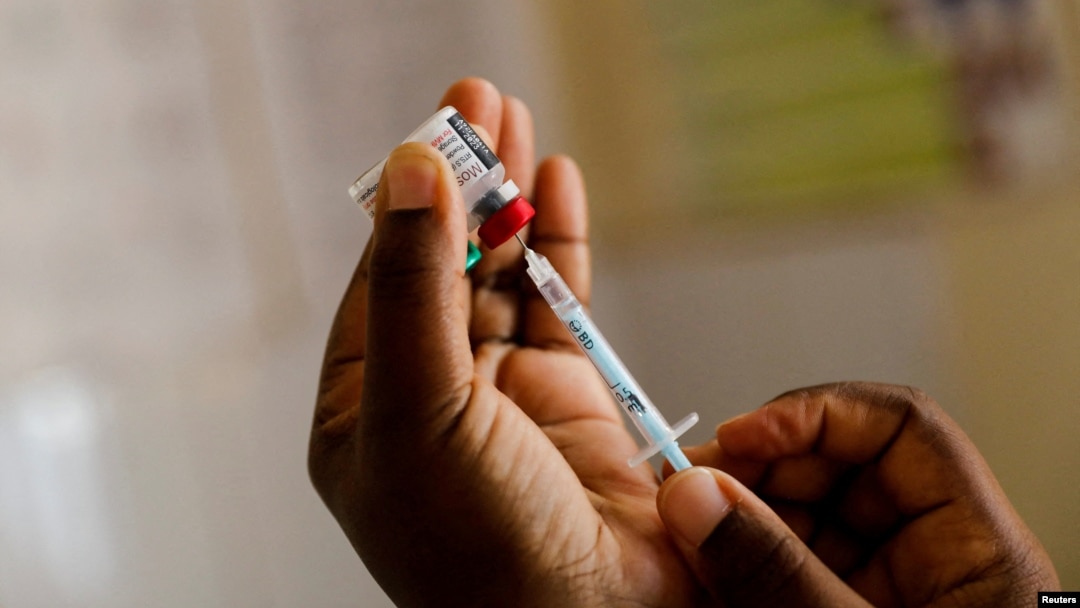The Atlantic archipelago of about 500,000 inhabitants follows Mauritius in 1973 and Algeria in 2019 in being declared malaria-free.
Worldwide at least 43 countries have been certified as malaria-free by the WHO, which requires showing that the domestic chain of transmission has been broken for at least three consecutive years.
"I salute the government and people of Cabo Verde for their unwavering commitment and resilience in their journey to eliminating malaria," said WHO Director General Tedros Adhanom Ghebreyesus, using the country's local name.
"WHO's certification of Cabo Verde being malaria-free is testament to the power of strategic public health planning, collaboration and sustained effort to protect and promote health."
WHO regional director for Africa, Matshidiso Moeti, also praised the feat.
"Cabo Verde's achievement is a beacon of hope for the African Region and beyond. It demonstrates that with strong political will, effective policies, community engagement and multisectoral collaboration, malaria elimination is an achievable goal," Moeti said.
WHO estimates that malaria killed 608,000 people worldwide and infected 250 million in 2022.
The disease is particularly present in Africa, which in 2021 accounted for 95% of deaths and 94% of contaminations. Children under five represented 80% of the deaths in Africa, according to WHO.
But in the small archipelago nation of Cape Verde with relatively low malaria rates, the WHO considered the elimination of the disease a feasible goal.
"It took a lot of hard work on the part of the leadership of Cabo Verde. This is over 50 years of fighting against malaria. It's a small country with low malaria transmissions, so they were already identified as eligible for eliminating malaria by 2025," Dr. Dorothy Achu, WHO's head of Tropical and Vector Borne Diseases in Africa, told VOA.
Although the country has achieved malaria-free status, "it doesn’t mean that you stop your activities," she warned.
"We have worked with Cabo Verde to develop another plan, a strategy, which is to prevent the reestablishment of malaria” including strengthening health systems and training medical professionals, Achu said.
This report came from Agence France-Presse. VOA's Linord Moudou contributed.


